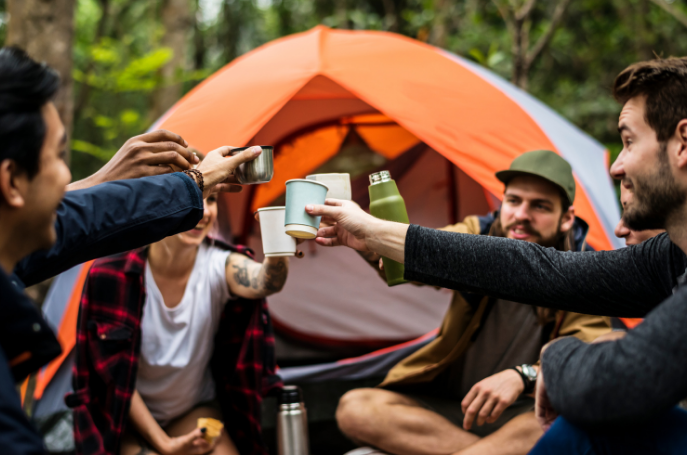We’re still shipping strong – secure, discreet delivery + free shipping over $150!
Microdosing psilocybin remains largely restricted under Canadian law, but certain pathways for legal access exist.
Health Canada’s Special Access Program is currently the main legal route for therapeutic psilocybin use.
Good Friday Wellness encourages informed, safe, and responsible exploration for those interested in magic mushrooms.
I’ve had countless conversations with fellow foragers, mental health advocates, and curious newcomers asking the same question: Is microdosing legal in Canada? The short answer is no—at least, not in the way cannabis is—but the reality is more layered.
With magic mushrooms gaining global attention for their potential to improve mental health, Canadians are starting to explore where the law stands, and what options exist for those seeking psilocybin-assisted therapy.




The phrase microdosing legal in Canada is a bit misleading. Under the Controlled Drugs and Substances Act, both psilocybin and psilocin are classified as controlled substances, making their possession, sale, or production illegal without proper authorization. This means that outside of an approved program or research setting, magic mushroom dispensaries are operating outside the law.
Magic mushrooms, also known as psilocybin mushrooms, have shown promise in addressing mental health disorders like treatment-resistant depression and obsessive-compulsive disorder. Yet despite existing scientific evidence and numerous clinical trials, they remain among Canada’s restricted drugs—classified similarly to other psychedelic substances.
Health Canada recognizes the potential therapeutic benefit of psilocybin in certain cases. Through its Special Access Program, patients with life-threatening conditions or severe mental health conditions can request access to psilocybin for medical use. This isn’t a blanket legalization—it’s a case-by-case approval process requiring the support of health care practitioners.
Across the country, initial clinical trials and ongoing research are exploring how psilocybin can be integrated into mental health treatment. Trials often focus on conditions where conventional therapies have failed, such as major depressive disorder, alcohol use disorder, and substance use disorders.




For many, the interest in microdosing stems from its potential to improve mood, enhance focus, and reduce psychological distress. While psilocybin-assisted psychotherapy and psychedelic-assisted therapy are still emerging fields, they offer potential therapeutic avenues that could complement traditional treatment options.
Under Canadian criminal law, psilocybin remains illegal in Canada except under approved programs. Even personal possession is considered a criminal offence without authorization. While some Canadian provinces may see looser enforcement, the federal government sets the overall legal status.
British Columbia has been at the forefront of harm reduction in Canada, with pilot projects and discussions on decriminalization. While psilocybin isn’t yet fully decriminalized, BC’s approach to certain illicit drugs suggests a possible shift in future federal regulation.


Media coverage from outlets like Global News has helped bring attention to magic mushroom dispensaries, legal challenges, and the growth of psychedelic tourism in other countries. This coverage fuels public debate on whether Canada should expand access to psilocybin beyond the special access program.
Psilocybin’s story is part of a larger conversation about other psychedelics like MDMA and ketamine, which are also being studied for mental health applications. Each comes with unique physical risks—from increased blood pressure to possible panic attacks—which must be considered in any mental health treatment plan.
At the moment, legal access to psilocybin in Canada is limited to:
Participation in approved clinical trials.
Application through Health Canada’s Special Access Program.
Rare exemptions granted for compassionate medical use.
Good Friday Wellness supports informed, safe, and legal exploration of psilocybin products, encouraging those interested to consult trusted health care practitioners before making decisions.



Embracing Wellness as the Standard.
Can we email you our quick start guide and a discount on your first order?
Wellness Reimagined, Life Redefined.
We are excited to support your major wellness shifts with modest doses.
By submiting you agree to our privacy policy. Your information is safe with us and you can unsubscribe at any time.
Harmonize Your Health, Naturally.
Almost done! We’ve just sent you an email to confirm your address.